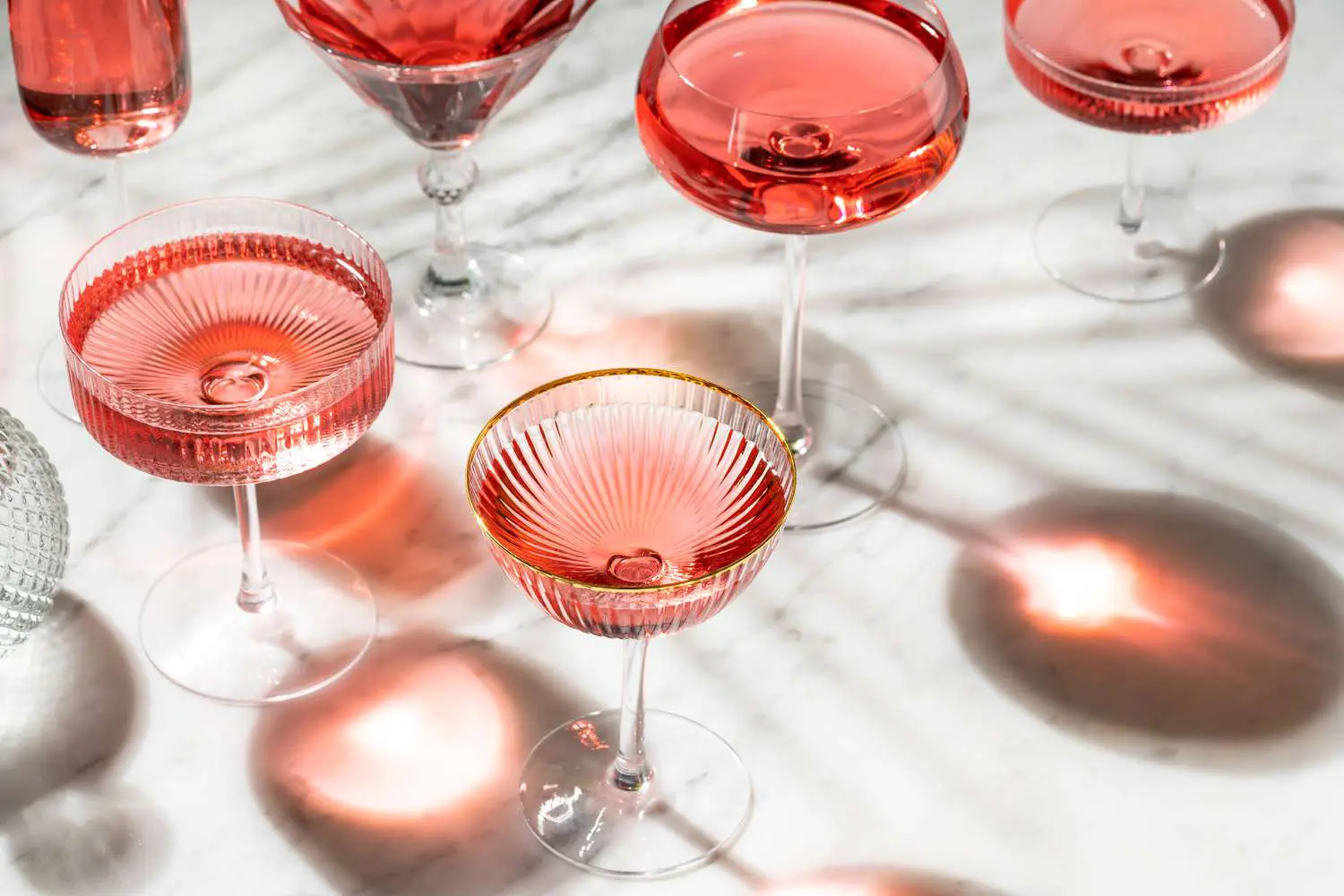
In recent years, rosé has seen a surge in popularity, becoming a staple in wine culture.
Often touted as a refreshing and approachable option, rosé has carved out a niche for itself, particularly among those who typically shy away from wine. Its rise can be attributed to its versatile nature and the various ways it can be enjoyed.
Rosé serves as an excellent gateway wine for non-wine drinkers, offering a balanced and enjoyable experience that can cater to a wide range of palates.
Production and Characteristics
Rosé wine is crafted through a unique production process that distinguishes it from red and white wines. The key difference lies in the contact time the grape skins have with the juice.
While red wine involves extended skin contact, and white wine has virtually none, rosé sits in the middle, with a shorter skin contact period that gives it its signature pink hue. This method allows rosé to capture some of the tannins and flavors of red wine, without the intensity.
Many people mistakenly believe that the color of rosé correlates with sweetness. However, the hue of rosé varies widely depending on the grape varieties used and the winemaking techniques employed.
The flavor profiles of rosé can also be diverse, ranging from light and dry to darker and more full-bodied. This variety ensures that there is a rosé to suit almost any taste preference.
If you want to learn more about its production, but also about wine, visit https://wesmarwinery.com.

The Appeal for Non-Wine Drinkers
Rosé’s appeal lies in its accessibility and versatility. Its refreshing nature and typically lower alcohol content make it an easy choice for casual sipping.
It is suitable for a multitude of occasions, from casual picnics to elegant dinners, and pairs well with a wide range of foods, enhancing its appeal.
The popularity of rosé has been bolstered by its trendy image and the influence of social media. Marketing campaigns and Instagram-worthy visuals have elevated rosé’s status, making it a fashionable choice among younger consumers. This trendiness, combined with its inherent versatility, has solidified rosé’s place as a go-to wine for many.
Debunking Common Myths
Despite its popularity, rosé has faced its share of misconceptions and stigma. Some question whether rosé is a “serious” wine, often dismissing it as overly simplistic or sweet. The evolution over time has seen significant improvements in quality and perception.
Wine experts and producers now recognize rosé as a sophisticated and complex option, capable of delivering a high-quality tasting experience.
Common misconceptions include assumptions about sweetness and color. Many people believe all rosés are sweet, which is not the case. Rosé can range from very dry to sweet, depending on the production methods and grape varieties used.
Similarly, the color of rosé does not necessarily indicate its flavor profile, as darker rosés can be just as dry and crisp as their lighter counterparts.

Criticisms and Counterarguments
Critics of rosé often label it as high maintenance and accuse it of being overly trendy, questioning its authenticity compared to red wine.
These criticisms are not without merit, as the trend-driven nature of rosé can sometimes overshadow its true qualities. However, it is important to highlight the unique strengths of rosé, such as its refreshing taste, versatility, and the broad range of styles it offers.
The enjoyment of wine is ultimately a matter of personal preference. While some may prefer the depth and complexity of red wines, others find the lightness and vibrancy of rosé more appealing.













